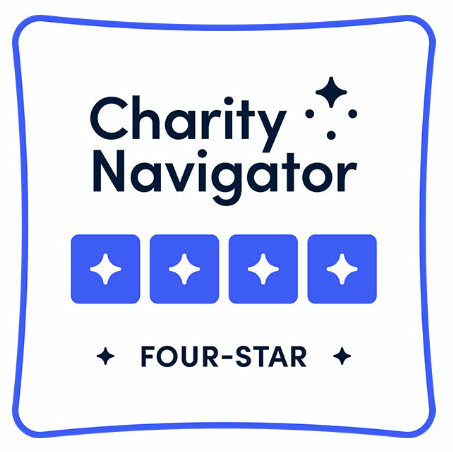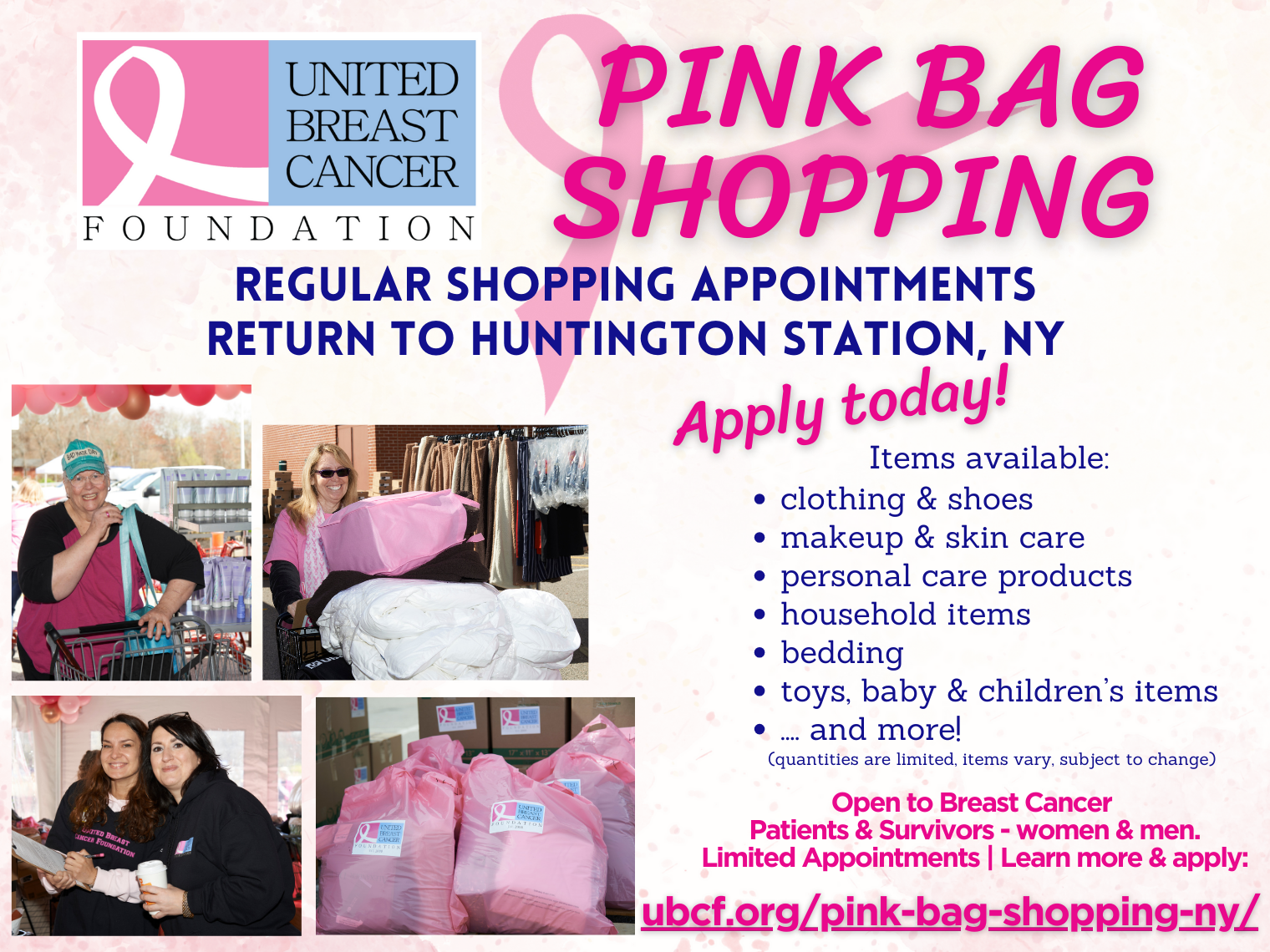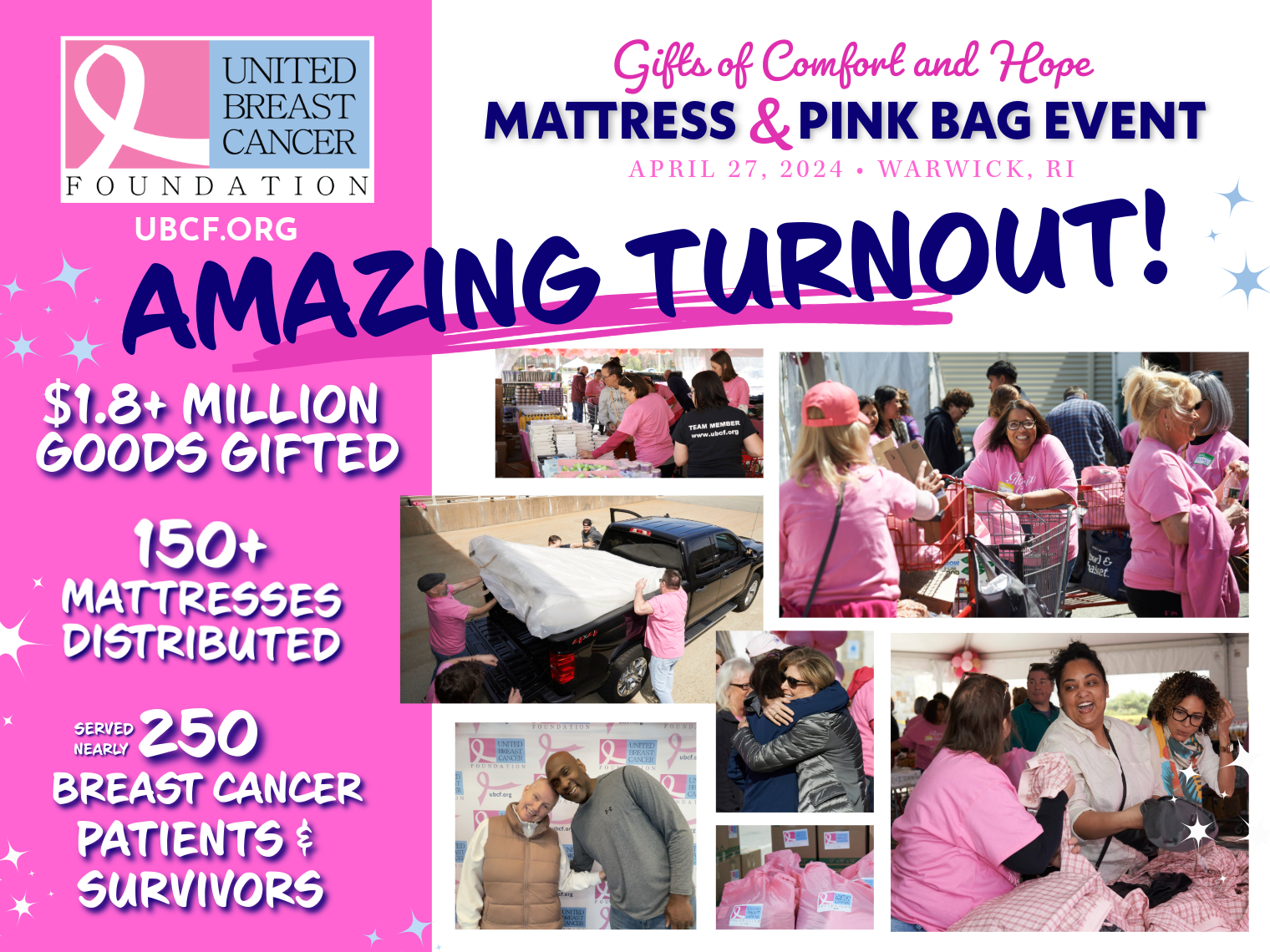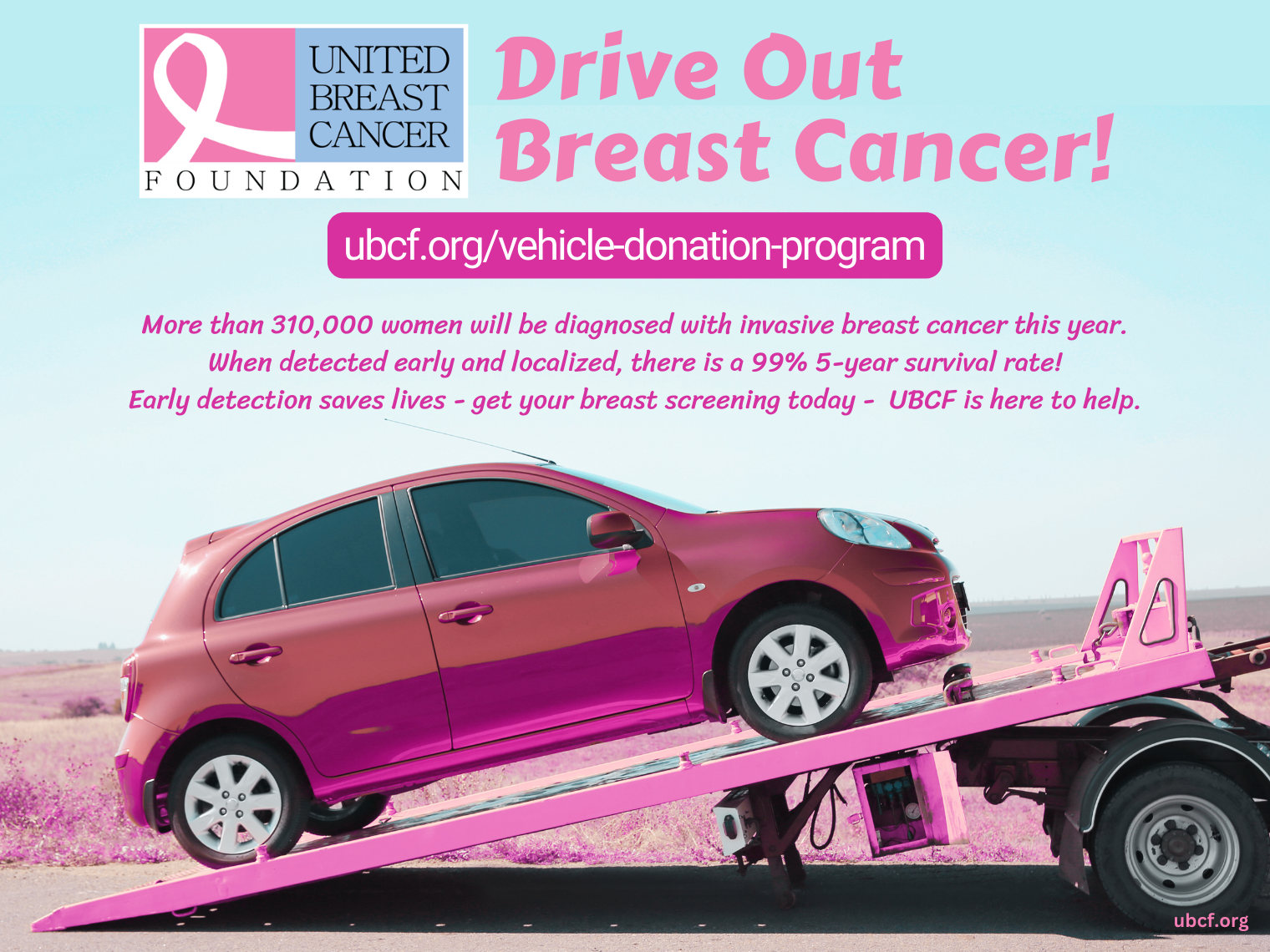Coffee is such a universally popular drink that it has basically become an art form. Baristas have taken up latte art – pouring steamed milk into a shot of espresso to form a design on the surface of a latte. There are coffee tasters who practice “coffee cupping”: deeply sniffing coffee and slurping it so that the coffee spreads to the back of the tongue so that the coffee taster can measure notes, sweetness, acidity, and the body of the coffee. Over 2.25 billion cups of coffee are consumed worldwide daily, and the U.S. coffee market alone is an 18 billion dollar industry. In addition to all of this, recent studies have also shown that coffee can half the risk of breast cancer recurrence in women who were treated with tamoxifen.
Researchers from Lund University in Sweden have published their findings in the journal Clinical Cancer Research. The study involved 1,090 breast cancer patients, 500 of which had been treated with tamoxifen. These 500 women were sorted into three categories: those with low coffee consumption (less than a cup a day), moderate consumption (2-4 cups) and high consumption (more than 5 cups). It was then found that the women with moderate or high coffee consumption had a recurrence rate that was half of the recurrence rate of the women with low coffee consumption. Additionally, the women with moderate to high coffee consumption that had experienced recurrence had smaller tumors.
The researchers examined the effects of caffeine on breast cancer cells and found that caffeine reduced cell division and increased apoptosis (cell suicide), both of which helped lower tumor growth. This effect was strengthened with the administration of tamoxifen. Tamoxifen binds to and blocks estrogen receptors, thus slowing tumor growth.
However, it is important to note that caffeine does not have purely positive effects on all women who have had breast cancer. In fact, other studies have shown that women who have been treated with Adriamycin or Taxol should totally avoid coffee, as the caffeic acid in the coffee may reduce the effectiveness of these drugs. Adriamycin inhibits cell replication by interfering with topoisomerase II – an enzyme that is necessary for DNA replication. On the other hand, Taxol interferes with cell replication by preventing the formation of microtubules, which are necessary for mitosis (cell replication).
Undoubtedly, coffee has different effects on women who have taken different medications for breast cancer treatment, due to the different methods in which each drug works. When recovering from breast cancer, it is important to remember to ask your doctor about which foods to avoid and which foods may be beneficial in your recovery.
Sources:
http://www.toxipedia.org/display/toxipedia/Anthracyclines+-+Mechanism+of+Action
http://www.medicalnewstoday.com/opinions/176471
http://foodforbreastcancer.com/news/coffee-linked-to-lower-risk-of-postmenopausal-breast-cancer,-especially-er–slash-pr–disease
http://foodforbreastcancer.com/foods/coffee
http://www.medicalnewstoday.com/articles/292879.php
http://www.e-importz.com/coffee-statistics.php








